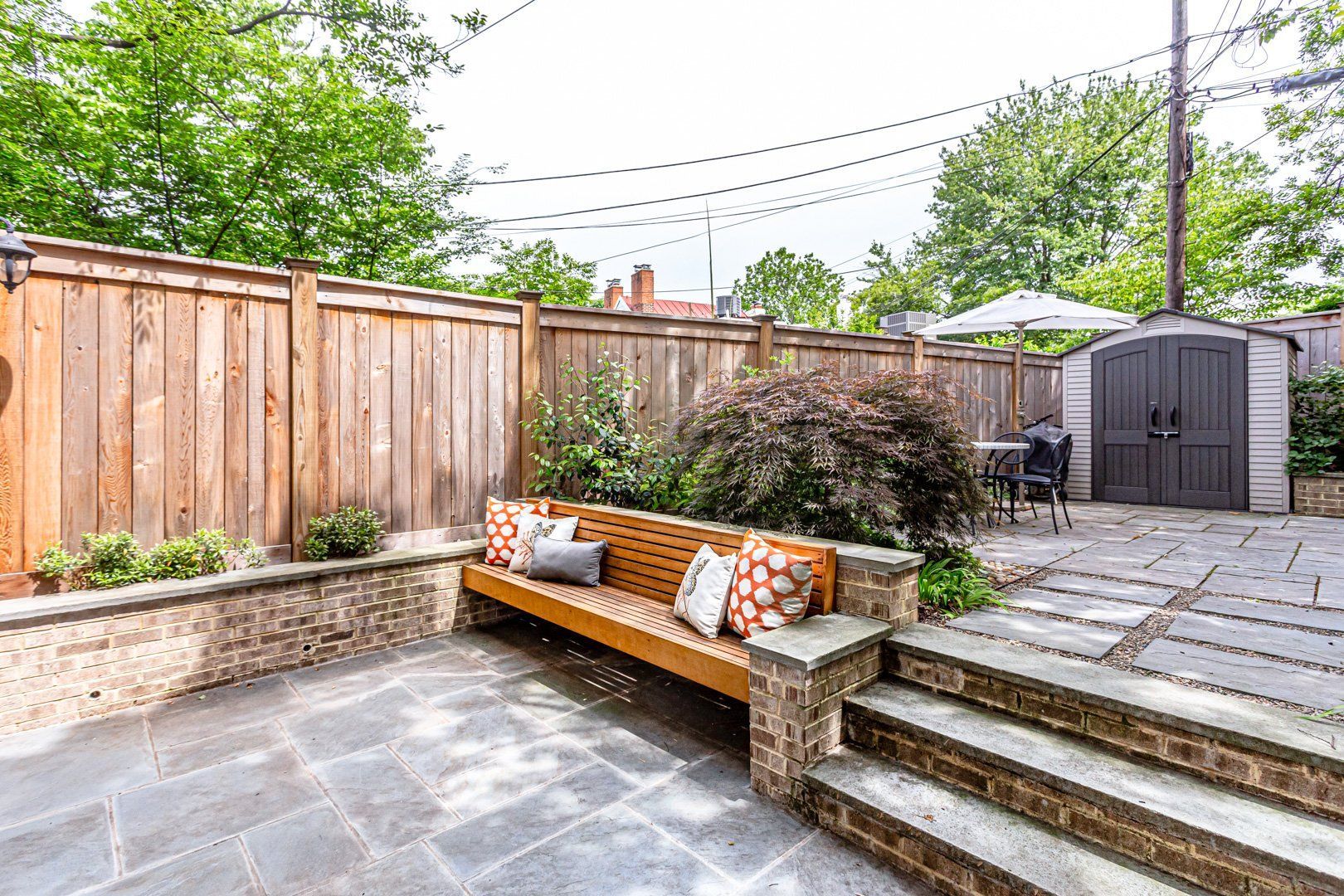Can’t Sell? Why Renting Doesn't Have to Be a Scary 'Plan B'
Nest DC
Like never before, we are experiencing an influx of properties that weren’t successful on the sales market. High interest rates mean fewer people are moving, and fewer people are ready to be locked into a mortgage that may be a stretch. But if you have to move, what can you do? While renting out your property may be less than ideal, it could be the right choice for the short-term or even long-term. We understand that becoming a housing provider, especially when that wasn’t your plan, can be daunting. In this blog, we will dive into common concerns about rentals such as bad tenants, property damage, legal disputes, vacancy, and loss of income.










